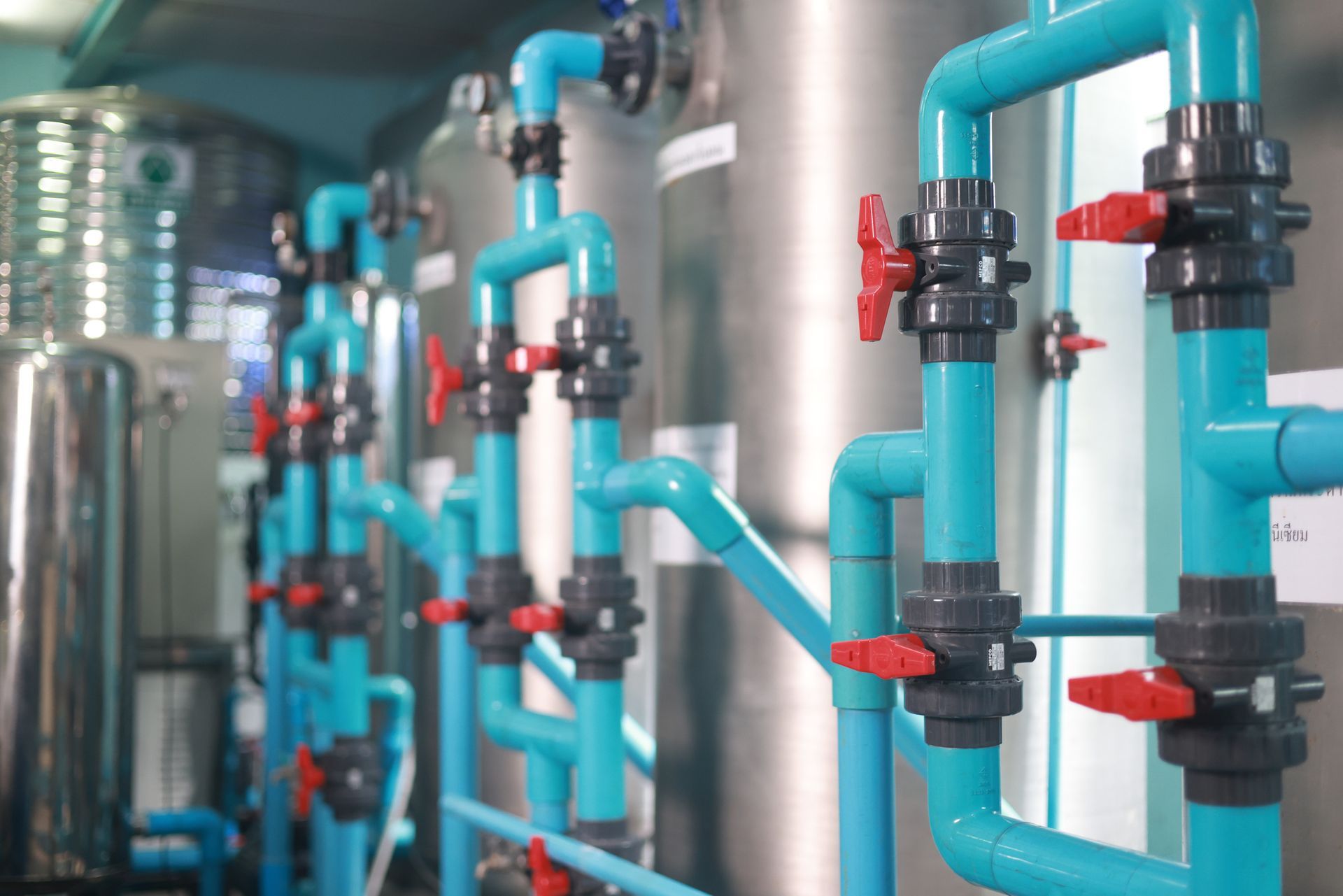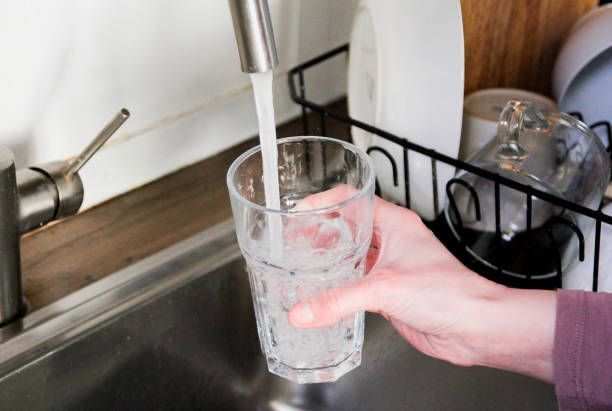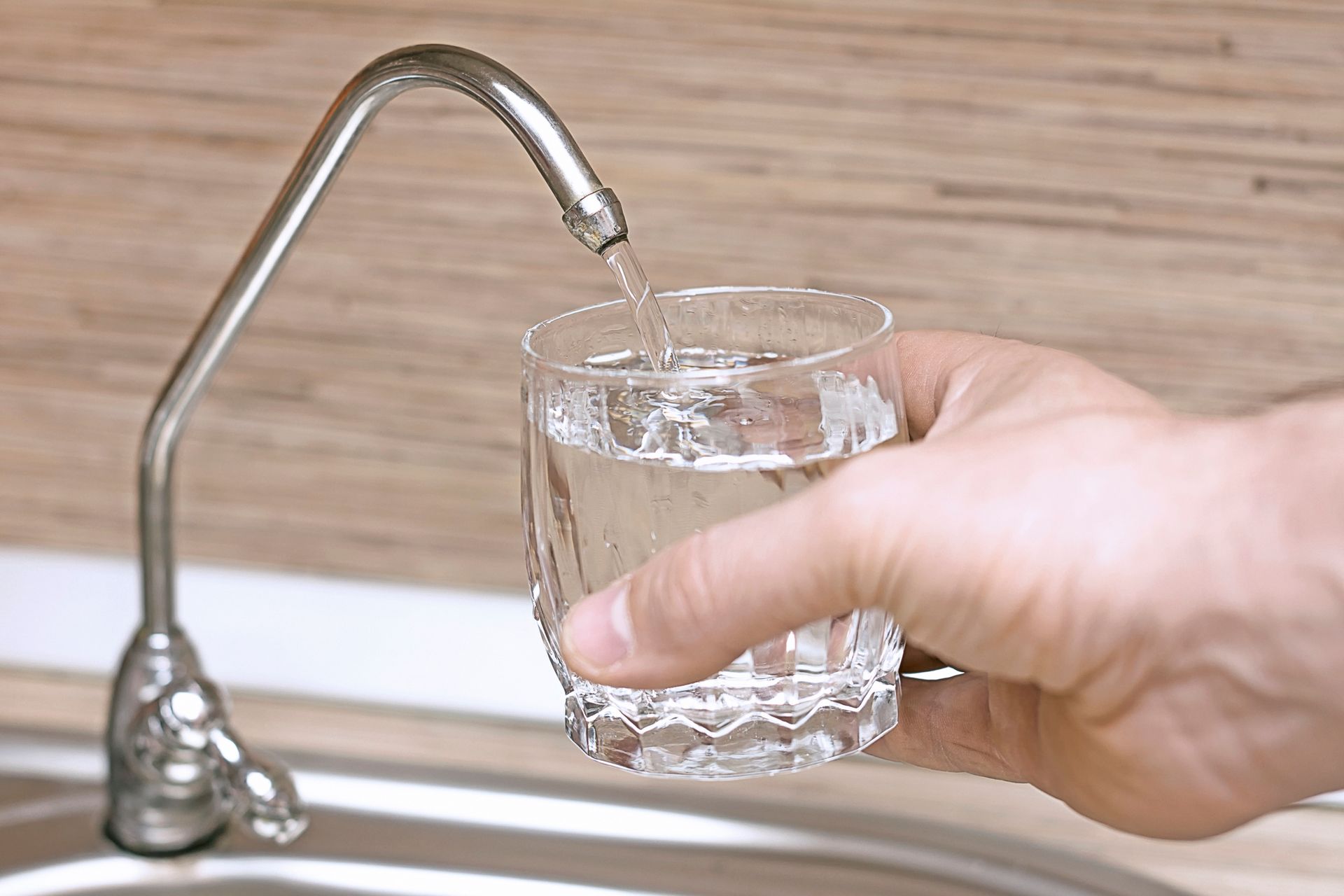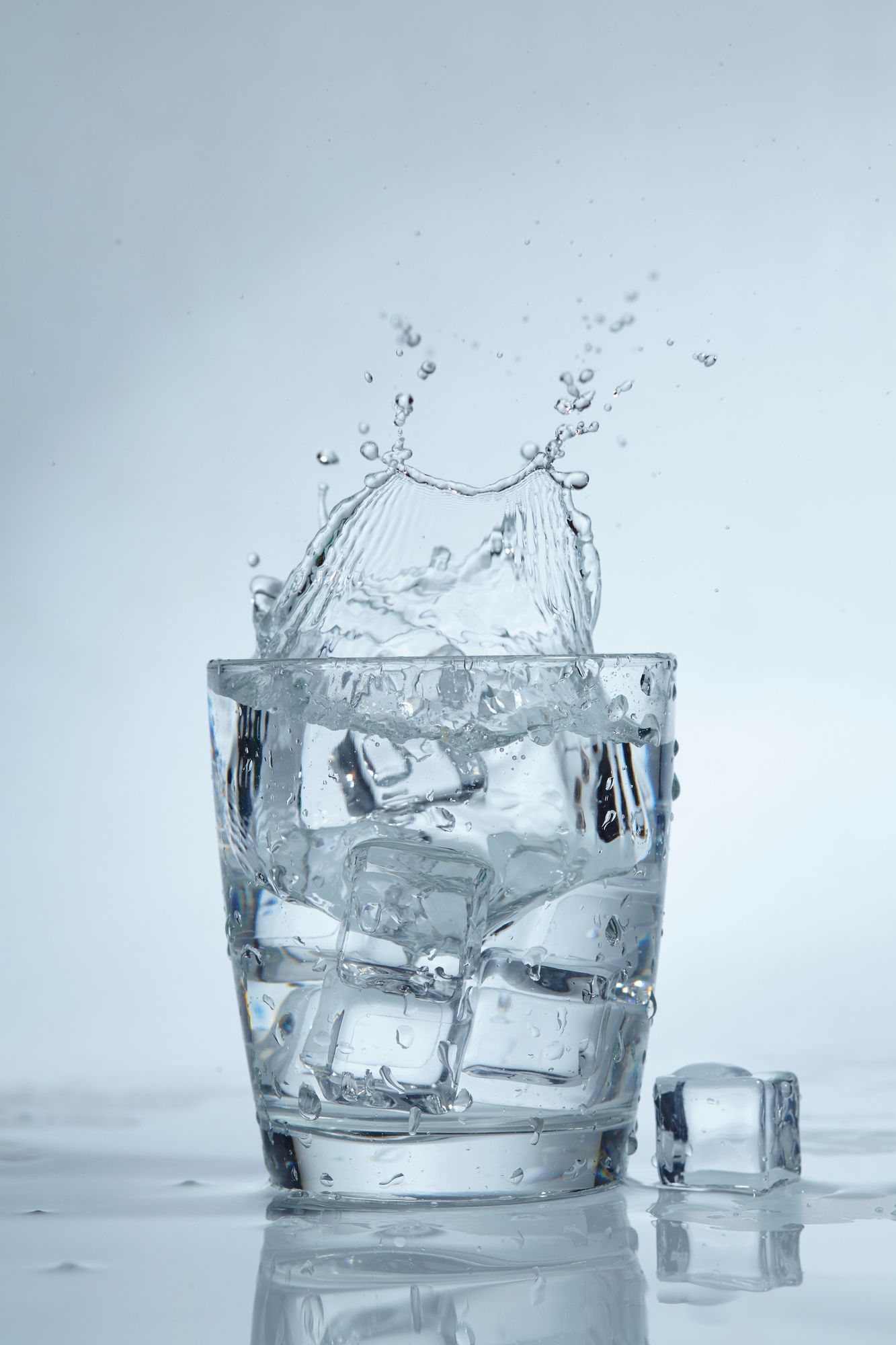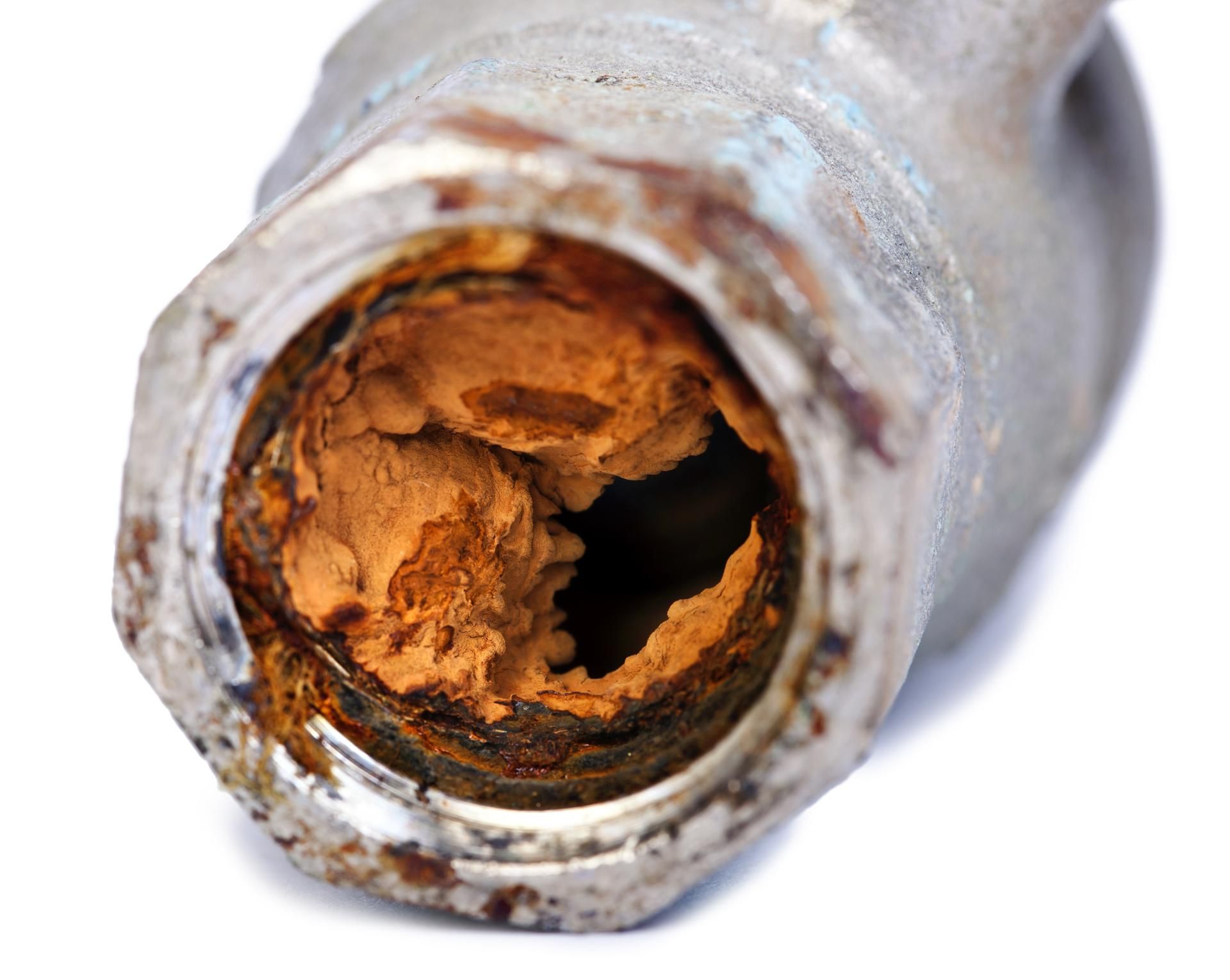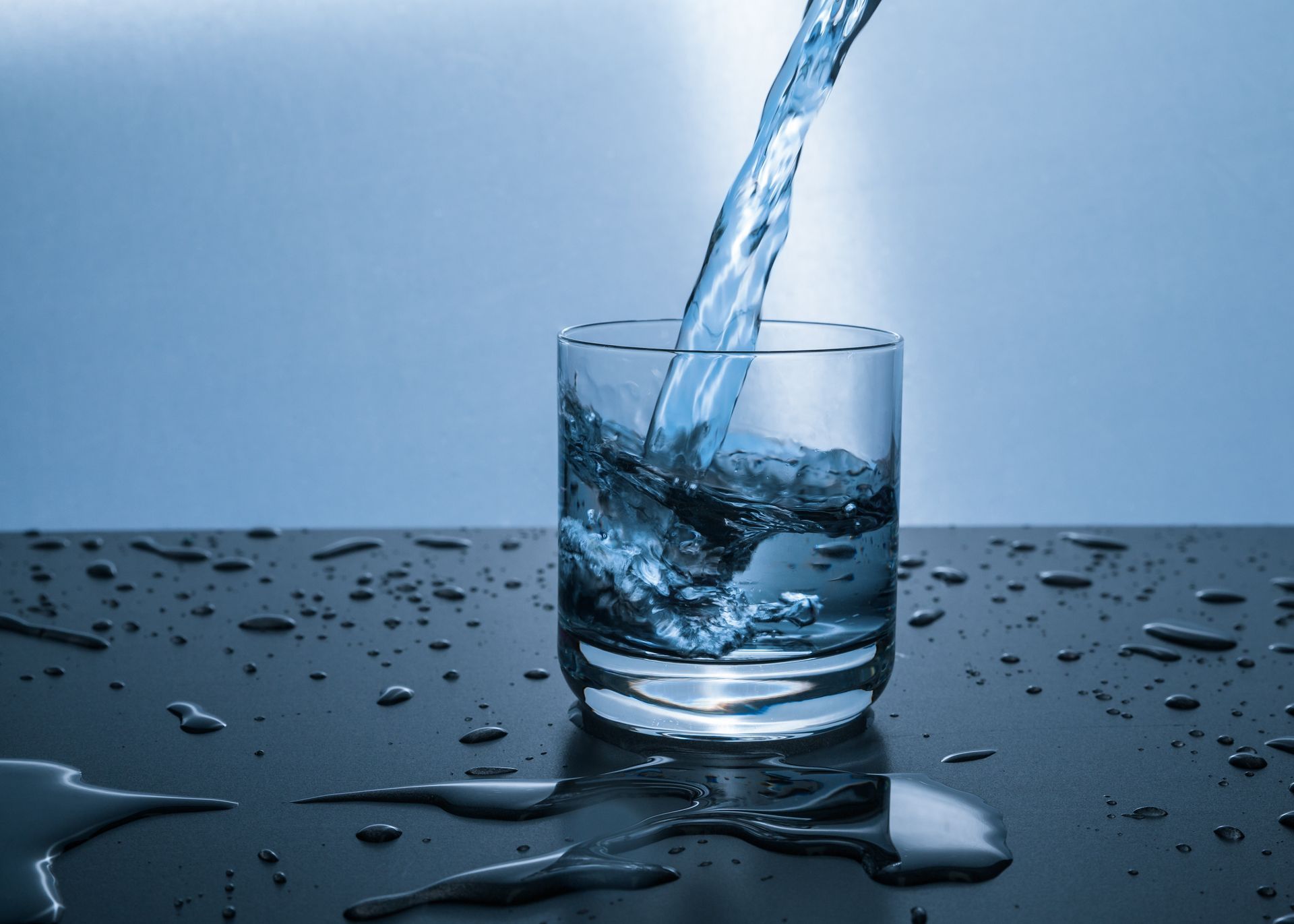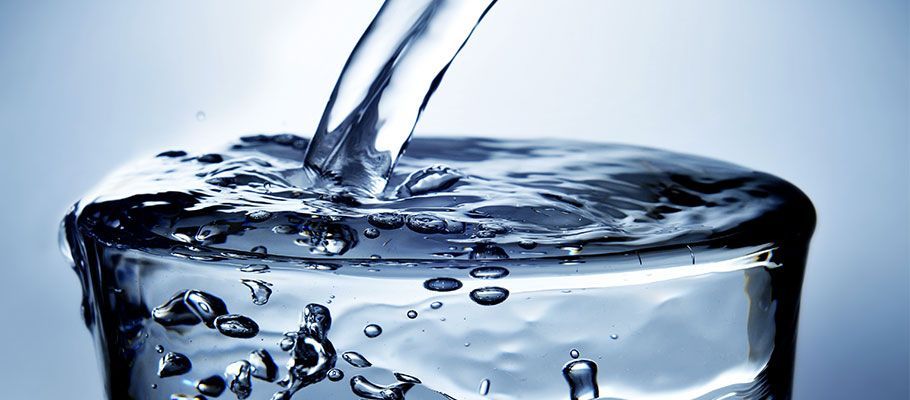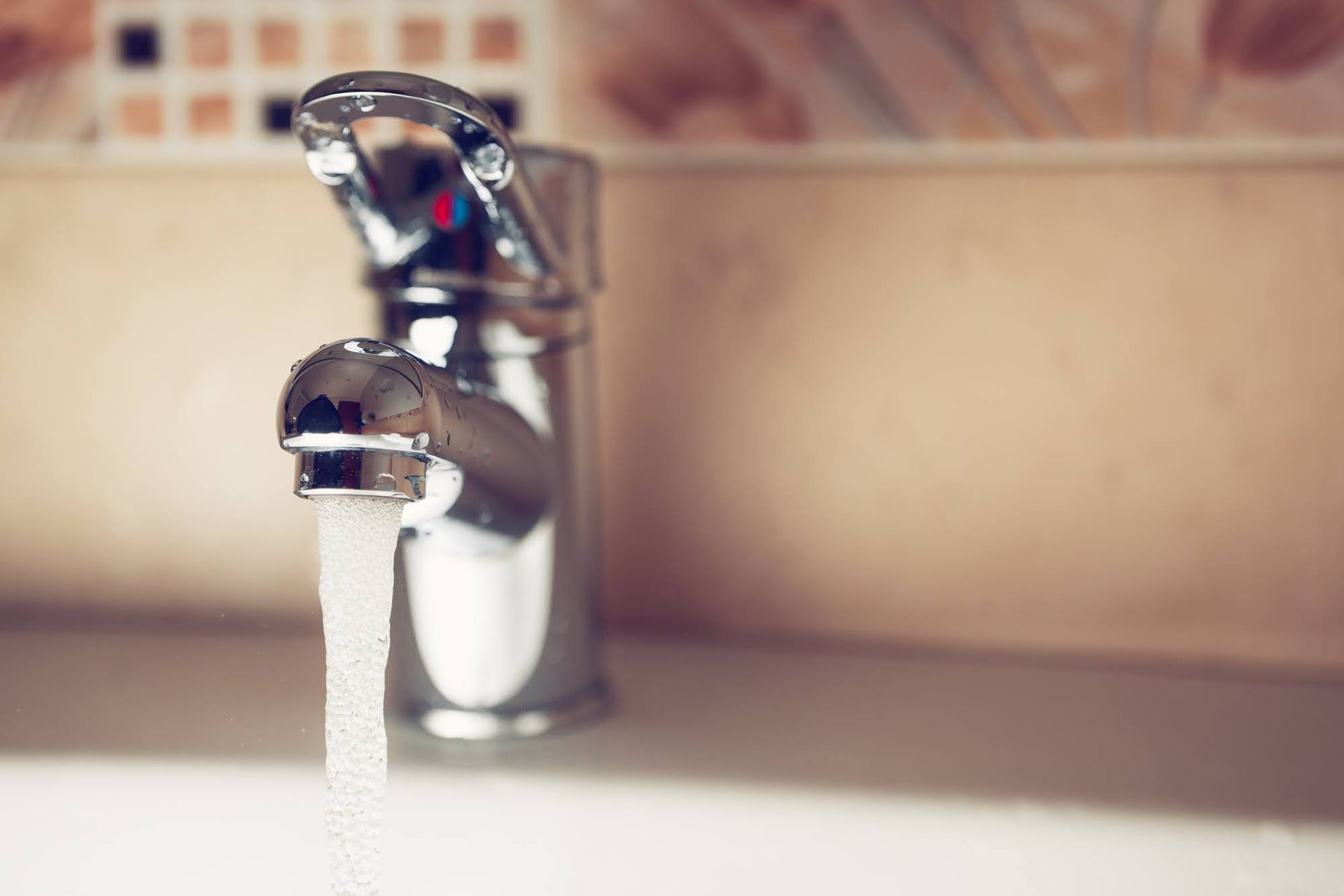Shielding Your Appliances From the Perils of Hard Water
Nobody likes the consequences of hard water. Even without knowing precisely what it is, it's pretty clear it's not something you want flowing through your home. It's a sneaky little problem that comes from extra minerals hitching a ride with your H2O. Let's dive into why hard water is an uninvited guest in your household and how you can give it the boot before it wreaks havoc on your appliances.
Understanding Hard Water
Hard water, rich in minerals like calcium and magnesium, isn't harmful to you but can be a real headache for your household appliances. The minerals in hard water can build up inside appliances, creating a hard, rock-like deposit known as scale. Scale buildup can clog pipes and reduce the efficiency of your machines, leading to an increase in energy use and eventually causing appliances to break down prematurely.
This means that your dishwasher, washing machine, and water heater—just some of the essential appliances that use water to operate—are at risk of having their lifespans drastically shortened. Imagine waking up to find that your trusty coffee maker has sputtered its last due to the mineral onslaught it's been quietly battling against. It's not just a nuisance; it's a disruption to your daily routine and a strain on your wallet.
Recognizing the Subtle Signs
Initially, hard water may seem like a harmless visitor. The signs of its damage can be subtle but will gradually reveal themselves through your appliances and home fixtures. For instance, you might notice a decrease in water pressure from your showerhead due to the mineral buildup slowing down the water flow. Similarly, your dishwasher might not be making your glasses as spotless as it used to, leaving a cloudy film on your once-sparkling stemware.
In laundry appliances, the struggle with hard water can result in clothes looking dingy and feeling rough, despite regular washing. It doesn't stop at aesthetics and comfort either—the internal wear and tear on your machines mean they have to work harder and longer cycles, shooting your utility bills through the roof. Recognizing these signs early can help you intervene before your appliances throw in the towel and demand a replacement.
Employing a Water Softener
Water softeners are the hero appliances in this narrative, swooping in to shield your household from the relentless assailants that are mineral deposits.
But how do they achieve this feat? In simple terms, water softeners work by swapping out the hard minerals in your water with softer ones. The process, known as ion exchange, involves replacing calcium and magnesium ions with sodium ions, which don't have the same damaging effects on your appliances. In short, a water softener can:
- Enhance the lifespan of your appliances by reducing mineral buildup.
- Ensure that your detergents and soaps work more effectively, reducing the amount needed and saving you money.
- Help maintain the vibrancy and softness of your clothes by preventing mineral deposits during washing.
Enabling your home with a robust water softener ensures that every drop of water caressing your dishes, lathering your clothes, and filling your coffee pot is gentler on your appliances, offering them a well-deserved respite from their mineral-laden foes.
Protecting Your Home
Embracing a water softener is not merely a matter of safeguarding your appliances but a strategy to ensure consistency in your daily routines and preserve the intimate comforts of your home. The unseen war against hard water is winnable, and victory comes in the form of softer linens, clearer glasses, and machines that stand the test of time—securing little joys that subtly stitch together the fabric of our daily lives.
Ready to shore up your defenses against hard water? Reach out to McAleer Water Conditioning, Inc. and take the first step toward a future of crystal clear, gentle waters.
Browse Our Website
Contact Information
Phone:
Email:
Address:
204 Chamber Drive Anamosa, IA 52205
Toll Free: 800-397-1995
Anamosa: 319-462-4497
Monticello: 319-465-3439
Clinton: 563-243-3830
Dubuque: 563-582-8507
Manchester: 563-927-2052
Marion: 319-373-6965

